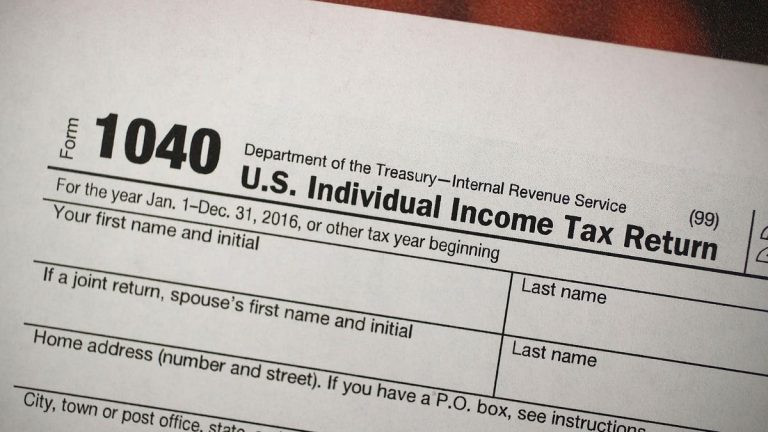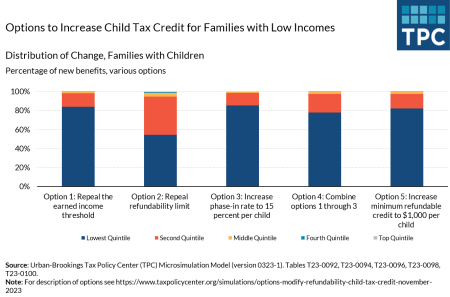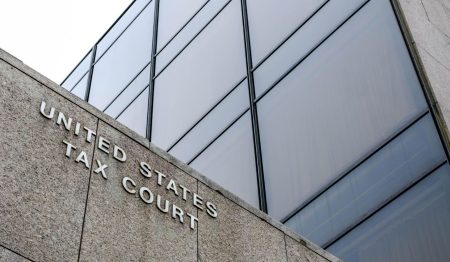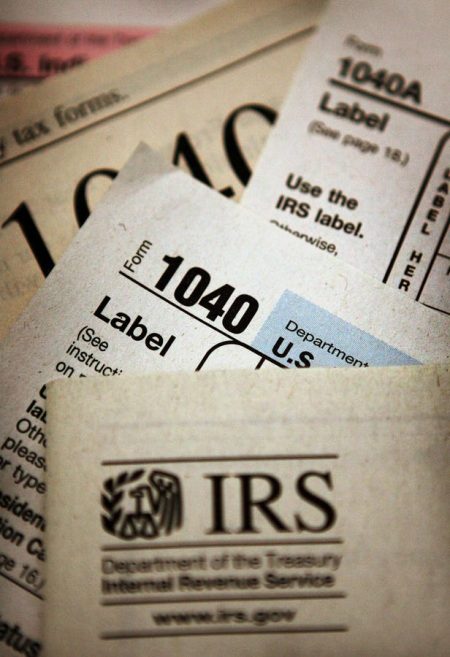The IRS announced on September 14, 2023 a processing moratorium on new employee retention credit (ERC) claims. This means that it will not process any newly filed ERC claims until it works through its backlog of more than 600,000 claims, which it estimates will not occur until next year. The moratorium does not mean that the IRS is shutting down the ERC program because the IRS does not have the power to do that; only Congress and the President can do that. It also does not mean that the IRS is refusing to pay valid ERC claims that were already filed or will be filed in the future. It just means that there will be delays in receiving checks.
The stated reason for the processing moratorium is to prevent fraudulent ERC claims, which the IRS claims to be receiving with increasing frequency. The IRS has the twin goals of protecting the fisc and protecting “honest small business owners from scams.”
What Does This Mean For New ERC Claims?
If a business has a valid ERC claim, the best course of action is to file the claim as soon as possible and the IRS will get to it when it gets to it. Remember that there are two separate filing deadlines for 2020 claims and for 2021 claims. The deadline to file 2020 claims is April 15, 2024, and the deadline to file 2021 claims is April 15, 2025. These are firm deadlines and no extensions or exceptions are permitted.
The deadlines for taxpayers to file claims are not to be confused with the statute of limitations for the IRS to deny ERC claims. They are governed by separate statutes. If a business timely filed its original 941s and no fraud is involved, then the IRS has until April 15, 2024 to deny 2020 claims, it has until April 15, 2025 to deny Q1 and Q2 2021 claims, and it has until April 15, 2027 to deny Q3 and Q4 (for recovery startup businesses) 2021 claims. In addition to the regular statute of limitations, there is a second rule that allows IRS, in conjunction with the Department of Justice (DOJ), to bring a lawsuit to recover an erroneous ERC claim within 2 years after it pays the claim, or 5 years if the claim involves fraud or a misrepresentation of a material fact. It is not clear how often, if at all, the IRS will use this second rule to pursue taxpayers because it is required to coordinate with DOJ and actually file a lawsuit, which is more burdensome that just assessing tax within the regular statute of limitations.
Additionally, Congress could step in at any time and extend the statute of limitations. This is unlikely to occur because of the current gridlock in Washington, but it would be a revenue raiser.
If a business does not have a valid claim, the best course of action is to abandon it and not move forward. The IRS is on “high alert” with regard to specious ERC claims and it is aggressively auditing both new claims and claims that were already paid. Also, keep in mind that the IRS can assert penalties on claims it has paid and on claims that it audits or denies before they are paid. The last point, that penalties can apply even if the claim is not paid, will probably come as a surprise to many taxpayers and should be factored into the filing calculus. In other words, playing the audit lottery is risky.
What Does This Mean For Previously Filed ERC Claims?
The main impact the announcement will have on previously filed but unprocessed claims is that the IRS will take longer to process them because it is applying heightened scrutiny to all current claims. The IRS stated that its processing time for these claims “will go from a standard processing goal of 90 days to 180 days – and much longer if the claim faces further review or audit.”
What Does This Mean For IRS Audits of ERC Claims?
Nothing, really. The IRS was already on heightened alert for improper ERC claims, and IRS auditors are already working these cases on expedited timelines.
Settlement Initiatives
The IRS also signaled that two important initiatives will be forthcoming. The first is a settlement program for taxpayers whose claims have already been paid. No details on this program were released other than it will allow “businesses to avoid penalties and future compliance action.” More details about this program are expected in the coming months.
The second initiative is a withdrawal option for taxpayers that have a pending claim, including unprocessed claims and claims under audit. The withdrawal option will allow taxpayers to avoid repayment issues and, presumably, penalties on the unpaid claim. The withdrawal option is expected to include all unpaid claims in the IRS backlog, but it is not expected to exempt taxpayers from potential criminal exposure if they filed a fraudulent claim. More details about this initiative are expected in the coming weeks.
Protective Refund Claims
There is one more important point that has not received a lot of attention – protective refund claims. A protective refund claim is a refund claim that is filed within the limitations period to preserve a taxpayer’s right to claim a refund after the limitations period, and after the issue raised in the protective refund claim is resolved. Protective refund claims received a lot of attention in March and April of 2020 when the Supreme Court decided to consider the constitutionality of the Patient Protection and Affordable Care Act. The concern then was that if the Court declared the law unconstitutional, then the net investment income tax and certain other taxes could be invalidated too, thereby giving rise to potential claims for refund.
Similar concerns arise with regard to ERC claims that are not paid or are required to be repaid. Recall that the ERC is taxable by way of expense disallowance – taxpayers are required to amend their 2020 and 2021 federal income tax returns to reduce the expenses that gave rise to their ERC claims. The income tax return amendments are required to be made at the time the ERC claim is filed, even though the ERC claim may not be paid until many months later.
This arrangement works fine as long as a taxpayer’s ERC claim is never audited or the taxpayer prevails on audit. But if a taxpayer amended its federal income tax returns to pay tax on the ERC and then never receives the ERC, or has to repay the ERC after an unsuccessful audit, then it will be whipsawed, i.e., it will have paid tax on an amount of money that it never received. To guard against this, taxpayers should consider filing protective refund claims to reverse the expense disallowance relating to the ERC, particularly with regard to the 2020 tax year because that refund deadline expires in early 2024 for taxpayers that did not file on extension.
Read the full article here








